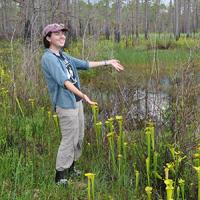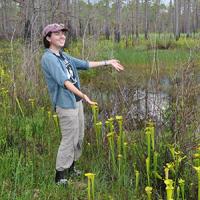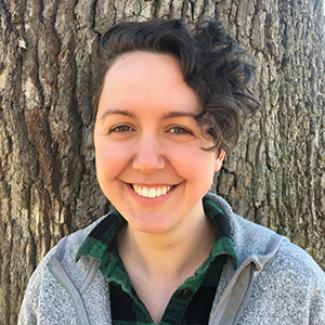The Southeast Bumble Bee Atlas is a large-scale community science effort aimed at gathering the data needed to track and conserve southeastern bumble bees. Community scientists spread out across one of our project states to survey for bumble bees and report back with whatever they find! Surveys can be run on your own or with a group of people. Survey methods are also catch-and-release, so no bees are harmed. All you need to participate is an insect net, some vials, a decent camera (including cell phone cameras), and access to the internet to submit your data. With your help, we can quickly cover large regions of the country, collect scientific-quality data, and contribute to bumble bee conservation. This project joins a growing nation-wide network of Bumble Bee Atlas projects managed by the Xerces Society for Invertebrate Conservation and partner organizations.
This workshop will cover everything you need to participate in the Southeast Bumble Bee Atlas: how to catch and photograph bumble bees, submit your data, and identify your local bumblebees. We will also cover bumble bee ecology and conservation. Anyone with an interest in bees and a desire to help them in a hands-on way is encouraged to attend—no prior experience needed!
Learn more and register today!

Laurie Hamon - Endangered Species Conservation Biologist - Xerces Society
Laurie is a conservation biologist for the Xerces Society for Invertebrate Conservation and the lead project manager for the Southeast Bumble Bee Atlas. She earned her PhD at North Carolina State University, where she conducted her thesis on the pollination ecology of Venus flytraps. She has conducted survey work for multiple rare insect species and investigated insect communities in urban pollinator gardens. Laurie was also co-coordinator on a community science project to monitor butterflies at a biological reserve in Chapel Hill, North Carolina.








